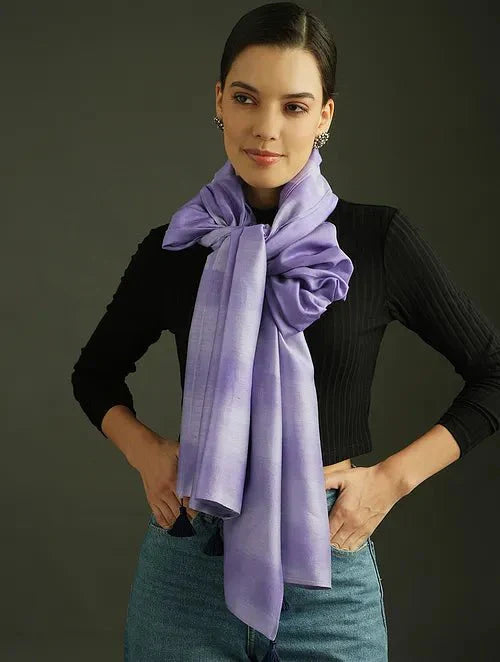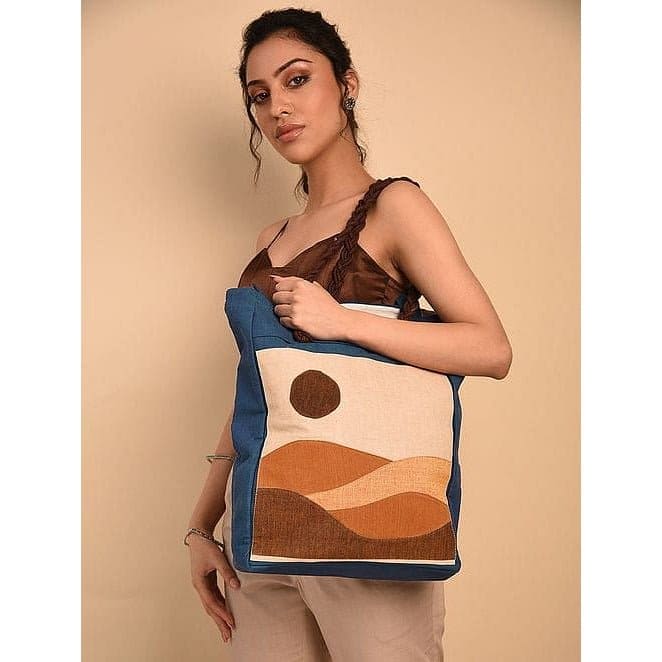Celebrating the International Day of No Waste: Embracing Khadi and Recycling
As we navigate through the 21st century, the importance of sustainable and eco-friendly practices has become more prevalent than ever before. From reducing plastic waste to promoting renewable energy sources, individuals and communities around the world are taking steps towards a greener future. One such initiative that deserves our attention is the International Day of No Waste, with a special focus on Khadi and recycling.
What is Khadi?
Khadi, a handspun and handwoven fabric, holds a special place in India's history and culture. It was popularized by Mahatma Gandhi during the Indian independence movement as a means to promote self-reliance and independence from British goods. Today, Khadi has evolved into a symbol of sustainability, with its production process being eco-friendly and energy-efficient.
Why Khadi and Recycling?
The International Day of No Waste emphasizes the importance of reducing, reusing, and recycling materials to minimize our environmental footprint. Khadi aligns perfectly with this ethos as it is a biodegradable fabric that can be easily recycled. By incorporating Khadi into our wardrobes, we not only support local artisans but also contribute to the reduction of textile waste.
How to Embrace Khadi and Recycling
- Choose Khadi Products: Look for clothing items made from Khadi when shopping for your wardrobe. From shirts and sarees to scarves and accessories, there are a variety of Khadi products available that cater to different tastes and styles.
- Repurpose Old Clothes: Instead of throwing away old or worn-out clothes, consider repurposing them into new items or donating them to organizations that promote textile recycling. This simple act can significantly reduce textile waste and promote a circular economy.
- Support Sustainable Brands: Seek out brands that prioritize sustainability and ethical production practices. Many fashion labels are now incorporating Khadi into their collections.
In a world that is increasingly conscious of the environmental impact of fast fashion, sustainable brands like CharkhaTales are leading the way in creating stylish, eco-friendly alternatives. With a focus on khadi clothes and sustainable cotton bags, CharkhaTales is not just a brand - it's a movement towards a more sustainable future.
The Story Behind CharkhaTales
CharkhaTales is a brand that is deeply rooted in the rich tradition of khadi - a handspun and handwoven fabric that holds a special place in India's history. Inspired by the principles of sustainability and ethical fashion, CharkhaTales works closely with skilled artisans to create timeless pieces that are not only beautiful but also environmentally friendly. Here are some products from charkhatales which is made from khadi and sustainable fabric .
1. Men Khadi Shirt
2- Men Kurta Sets
3 - Women Kurta Sets
4 - Women Dresses
5 - Women Sarees
Embracing Khadi: A Timeless Tradition
Khadi is more than just a fabric - it's a symbol of self-reliance, empowerment, and sustainability. By choosing khadi clothes from CharkhaTales, you are not just buying a piece of clothing; you are supporting a heritage craft and a community of artisans who have dedicated their lives to preserving this traditional art form.
Khadi clothes are not only luxurious and comfortable to wear but also have a minimal impact on the environment. The process of handspinning and handweaving khadi fabric consumes significantly less energy compared to conventional textile production methods, making it a truly sustainable choice for the conscious consumer.
Eco-Friendly Cotton Bags: Fashion with a Purpose
In addition to their beautiful khadi clothes, CharkhaTales also offers a range of eco-friendly cotton bags that are perfect for the environmentally conscious shopper. Made from organic cotton and dyed using natural, non-toxic dyes, these bags are not only stylish but also biodegradable and eco-friendly.
Recycled Tote Bag
Sunshine Woven Yellow Wooden Handle Bag

Carrying a CharkhaTales cotton bag is more than just a fashion statement - it's a statement of your commitment to sustainability and ethical consumerism.
To know more click here..










